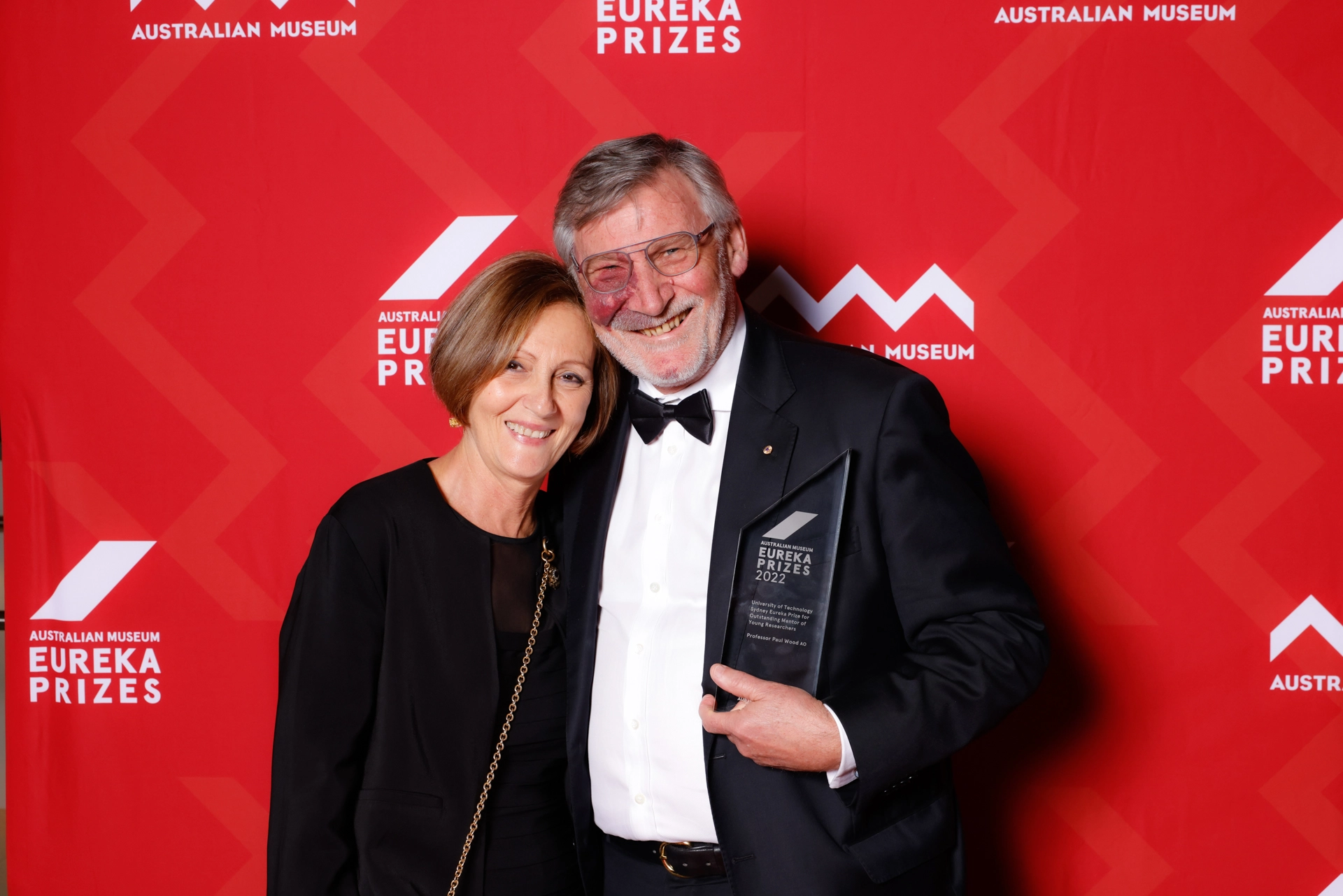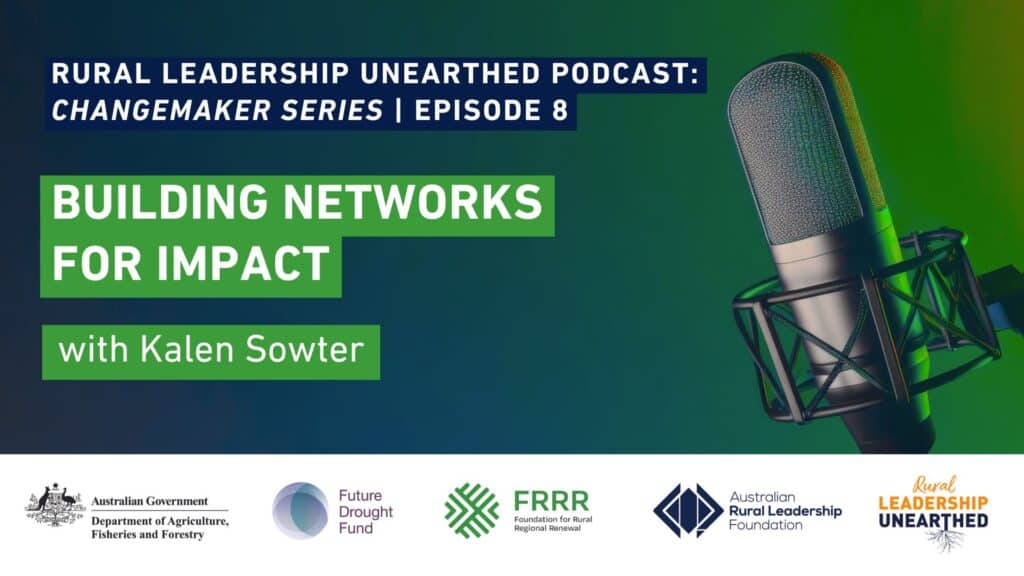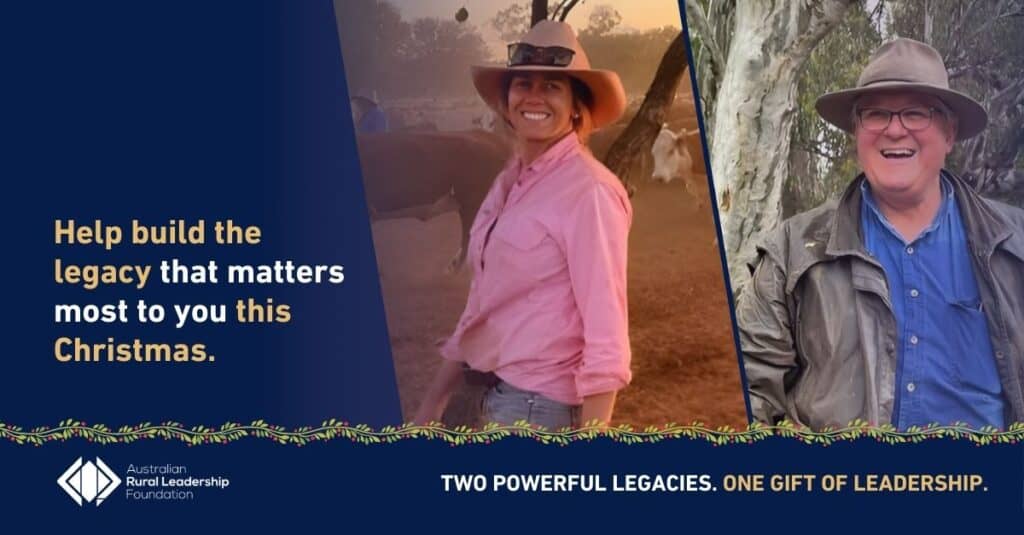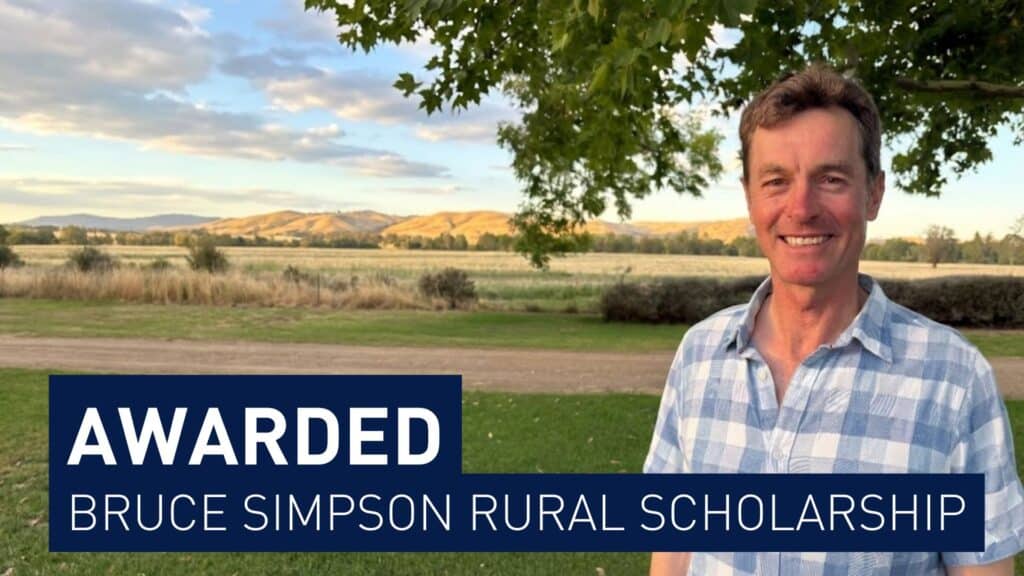What’s an IPO? This unexpected question from a group of biomedicine PhD students started Paul Wood on a journey that would bridge the gap between industry and academia using an old knowledge-sharing system far from the world of biotech start-ups – mentoring.
As an Adjunct Professor in Microbiology at Monash University’s Biomedicine Discovery Institute, Paul was helping students understand how to translate research skills and ideas into industry opportunities.
Only three out of ten PhD students take on academic roles. It’s something the full-time research scientist knows well from his career covering universities and the public and private sectors.
‘It hit me that I was making too many assumptions about what these students knew about business and industry,’ he said.
‘They lacked the language to have the conversations required to successfully navigate the private sector.’
Keen to increase the impact beyond the 20 students he would reach in a years’ work at Monash, Paul, his wife Ronnie, and a group of colleagues co-founded IMNIS. Short for Industry Mentoring Network in STEM, connections made through IMNIS support students’ ability to speak industry language whilst growing their networks and engagement skills to be successful.
‘We asked ourselves if you had 500 STEM PhD students and industry mentors and did this for 10 years – what might the environment look like?,’ Paul says.
‘Mentoring was the key because we knew it was cost effective. Mentors would donate time and we could run a national program for about $500,000 per year.’
Since starting in 2015, IMNIS has connected more than 1,700 students with industry mentors. A whopping 90 per cent of the alumni would recommend the program, and universities welcome access to top industry mentors.
The success could partially be due to the program’s no-fault-get-out clause. If the connection between mentor and mentee doesn’t work, they separate and are rematched.
‘We’ve had very few of them,’ Paul says, who counts the network as the largest asset of the program.
‘As a mentor, I might not always know the answer to a question, but I can find the person who does over a couple of emails.’
‘I have never had anybody [from my network] say no, and that’s the beauty. Students often think they couldn’t possibly approach someone cold.’
He recalls the story of a Nigerian student. Keen to reach out to an industry contact from his home country, cultural barriers stood in the way of connecting. The contact happened to be on a board with Paul, who made the connection. What was previously out of bounds for the student became possible thanks to their mentor.
‘It’s the conduit of an experienced mentor that can break down barriers and become a deciding factor in the student’s future,’ Paul says.
Thinking of mentors that influenced his career, Paul mentions the late Sir John Crawford during his time as a PhD student at the Australian National University and one of his bosses as a new senior leader at CSL.
‘Paul, you don’t want to die on a small hill,’ he chuckles, recalling his mentor’s advice.
‘Pick the things that matter, and if you’re going to war, be prepared to die, and pick the things worth dying for.
‘It was a great transition to senior management; you have to let the little stuff go.’
Today, Paul could be comfortable fulfilling the duties of his various board positions but instead devotes much of his time to be a mentor and supporting IMNIS.
‘I’m a dating agency. I connect people,’ he jokes. ‘It’s the most valuable thing I do – connecting people.’
Paul has been a mentor in our Drought Resilience Leaders Mentoring Program. He was recently awarded the acclaimed 2022 Eureka Prize for Outstanding Mentor of Young Researchers for his work with IMNIS.
To become a mentor or be mentored by someone like Paul register your interest for our upcoming National Mentoring Program.
Learn more about IMNIS.





